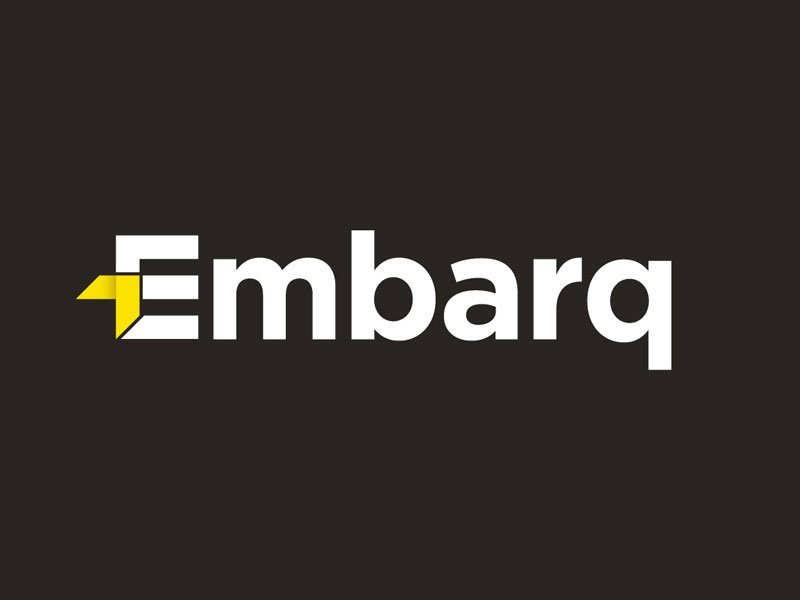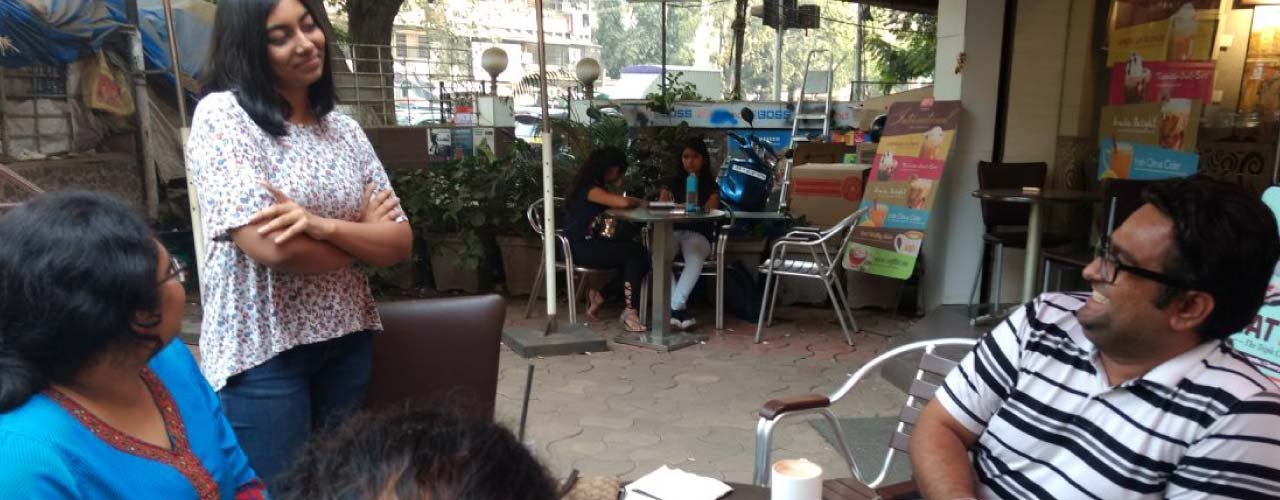
One of a kind
 November 13, 2018
November 13, 2018Until recent times, most of our movies had a similar premise. A hero, hero meets heroine, a villain enters to make life difficult, hero defeats villain, happy ending. But off late, with the changing dynamics of the film industry and cinema, we have more women centric movies, movies based on social causes and movies with dynamic villains. But no matter how much times change, we will still have a pull towards the theatrics of a hero and the longing for happy endings.
It is not just our regular real life movie heroes, but superheroes as well which catch our attention. We may love villains like Thanos and Hella, but we still have a connection towards Thor, Iron Man or Captain America. But what is it that draws us towards these heroes and superheroes? Is it just the theatrics? Or is there something more to each character that we see and experience? The answer is simple; Selflessness. It is compassion and kindness that turned our regular heroes into superheroes and what makes them memorable in our lives.
The current state of the world is chaotic and despairing. These characters were created to give people a sense of hope during difficult times. From mere characters, they became icons of all that is good in the world. These superheroes are not only role models for kids, but all children and adults alike.
Kindness has a huge impact on the consumer, may it be through these characters or through brands. It is a two way conversation when a good deed is carried out and received positively on the other end, only to be spread further. When a brand performs a random act of kindness, it helps build the goodwill of the company. Just like the transition of a hero to a superhero, a brand too personifies into a character that is more than just a name. It makes it more real and gets consumers to connect with it. When a brand empathises with a consumer, it puts itself into the consumer’s shoes and thus develops a deeper bond.
In 2017, Delta Airlines cancelled hundreds of flights in Atlanta due to bad weather. Customers were left stranded on the runways for hours. To turn this situation around, Delta ordered hundreds of pizzas and offered them on their planes and in surrounding airports. This is not just customer service, but rather a step ahead where the airline understood the plight of the stranded customers and reached out to them. Sure it may have resulted in good social media exposure for the airline, but it was the act of kindness that was worth noting.

On the other hand, the brand Dove, which has predominantly been known for spreading awareness about real inner beauty, launched a campaign for women who suffer from low self esteem. It was based on an insight that worldwide, only 4% of women consider themselves beautiful. The video saw an artist sketch a woman without looking at her, solely based on her personal descriptions of herself. Next, a random person who had seen the woman once was asked to describe her. At the end of the sketch, the woman saw two different versions of herself, one described by herself and one through the eyes of a stranger. The entire message of “You are more beautiful than you think” was a powerful communication that received an emotional response. Dove did not in any way promote their products through the campaign, but ensured that every woman felt beautiful in her own skin.
A smaller but notable deed was carried out by a Pizza Hut branch in one corner of the world. When a regular customer did not order from them for a while, the employees were worried whether everything was alright with the customer. Concerned, they called him up to inquire about his wellbeing and sent him a free pizza as well. The customer’s wellbeing and loyalty mattered to the brand. They had no idea that the customer would share this incident or that a small deed like this would go viral, but one phone call managed to turn more customers towards Pizza Hut. It is rightly said that a good deed should always be about the intention and never for attention.

I understand that two out of three examples quoted in this article include pizza and would like to point out that not every action with pizza is an act of kindness (although a free pizza once in a while has never caused any harm). The main point to remember is that there is a standing rule; whenever you want something for yourself, you offer it first to others. Thus, a superhero gains love and respect and a brand gains loyalty.
Marketing kindness is a better way for brands to sell their products and services. After all, don’t actions speak louder than words?
Reference : Banner credits : Interflora - Random Acts of Kindness Campaign































